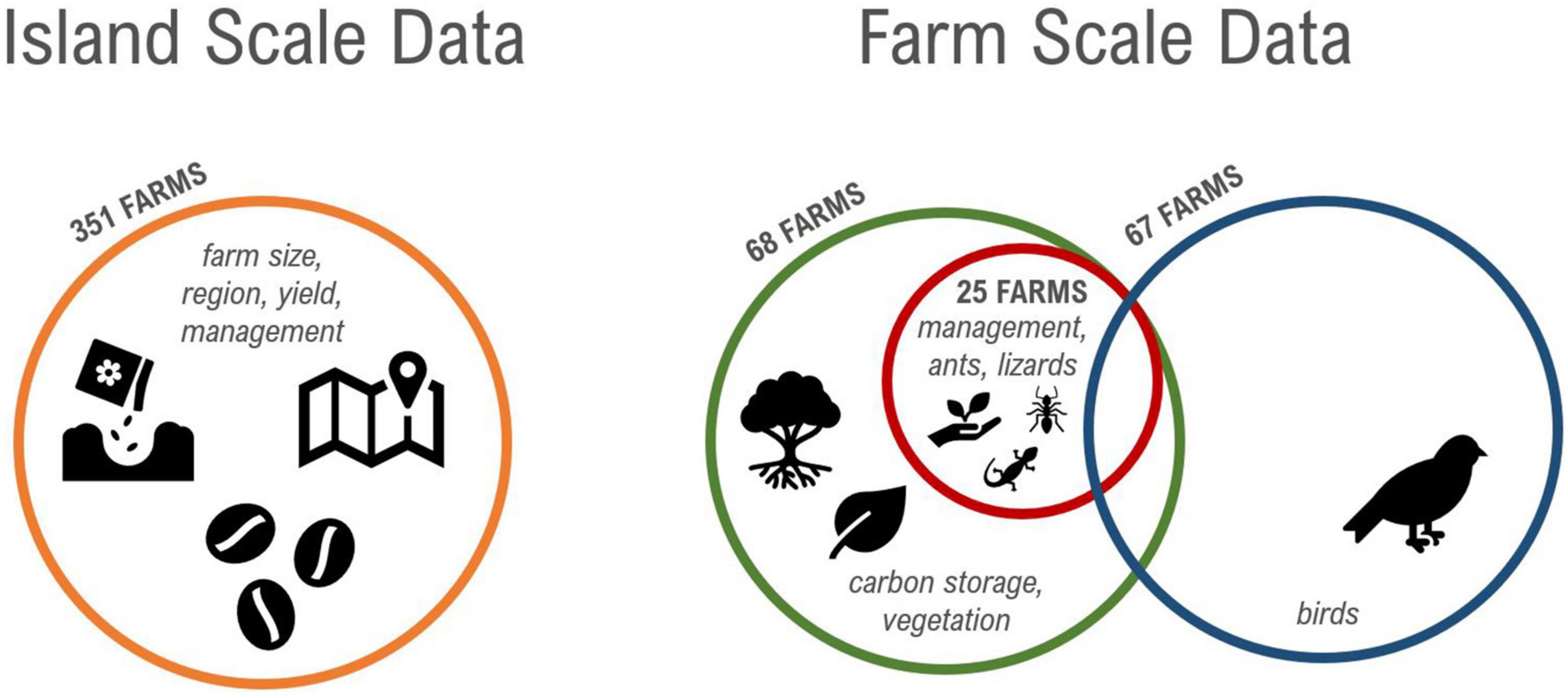International Court of Justice Advisory Opinion on Climate Change Obligations
A forthcoming advisory opinion from the International Court of Justice (ICJ), scheduled for delivery on July 23, will address the legal obligations of states in combating climate change. This landmark case examines the responsibilities of states, particularly those with significant historical emissions, to protect the rights of present and future generations from the adverse effects of climate change, directly engaging multiple Sustainable Development Goals (SDGs).
Context and Significance for Sustainable Development Goals (SDGs)
The request for an advisory opinion represents a critical juncture in the global effort to achieve SDG 13 (Climate Action) by leveraging international law. The proceedings aim to clarify the scope of state obligations under existing treaties and customary international law, thereby strengthening the framework for global climate governance. The outcome is anticipated to have profound implications for SDG 16 (Peace, Justice and Strong Institutions) by reinforcing the role of judicial mechanisms in addressing global challenges and ensuring accountability.
Key Stakeholders and Global Participation
The extensive participation in the ICJ hearings underscores the global consensus on the urgency of the climate crisis and reflects the principles of SDG 17 (Partnerships for the Goals). A broad coalition of actors presented arguments before the court, demonstrating a multi-stakeholder approach to climate justice.
- States: Over 100 nations, including those most vulnerable to climate impacts, submitted statements, highlighting the asymmetrical burdens of climate change and invoking principles of equity central to SDG 10 (Reduced Inequalities).
- International Organisations: Various international bodies contributed, providing legal and scientific context to the proceedings.
- Civil Society and Youth Advocates: The involvement of experts and activists, including representatives from the Center for International Environmental Law, Pacific Islands Students Fighting Climate Change, and World’s Youth for Climate Justice, emphasized the human rights dimensions of climate change and the importance of intergenerational equity.
Core Legal and Developmental Issues at Stake
The arguments presented to the ICJ centered on the intersection of international environmental law, human rights law, and sustainable development. The key questions under consideration are directly linked to the achievement of the 2030 Agenda.
- State Responsibility for Emissions: The proceedings scrutinize the legal consequences for states that contribute significantly to greenhouse gas emissions. This directly impacts the implementation of SDG 13 by seeking to establish legally binding imperatives for mitigation and adaptation efforts.
- Protection of Vulnerable Nations and Communities: A central theme is the obligation to protect countries and communities most affected by climate change, including small island developing states. This aligns with efforts to achieve SDG 1 (No Poverty) and SDG 2 (Zero Hunger), as climate impacts threaten livelihoods, food security, and economic stability in these regions.
- Preservation of Ecosystems: The legal obligations under review extend to the protection of the environment itself, including marine and terrestrial ecosystems, which is fundamental to SDG 14 (Life Below Water) and SDG 15 (Life on Land).
Anticipated Impact on International Law and SDG Implementation
The ICJ’s advisory opinion is expected to provide authoritative guidance on the legal duties of states concerning climate change. While not legally binding, its legal weight is expected to influence future climate negotiations, national policymaking, and domestic and international litigation. A strong opinion could accelerate the transition towards SDG 7 (Affordable and Clean Energy) and provide a robust legal foundation for holding states accountable for their commitments under the Paris Agreement, thereby advancing the entire sustainable development framework.
SDGs Addressed in the Article
SDG 13: Climate Action
- The article’s central theme is the effort to “combat climate change” by establishing the “legal obligations of polluting states.” This directly aligns with the core objective of SDG 13, which is to take urgent action to combat climate change and its impacts.
SDG 16: Peace, Justice and Strong Institutions
- The article focuses on a legal proceeding at the International Court of Justice (ICJ), a principal judicial organ of the United Nations. The pursuit of “climate justice” through an international legal framework highlights the goal of promoting the rule of law at the international level and ensuring access to justice, which are key components of SDG 16.
SDG 17: Partnerships for the Goals
- The article states that “Over 100 nations and international organisations” have addressed the ICJ. This large-scale collaboration, involving governments, international bodies (like the Center for International Environmental Law), and civil society groups (like Pacific Islands Students Fighting Climate Change), exemplifies the multi-stakeholder partnerships essential for achieving the SDGs, as promoted by SDG 17.
Specific SDG Targets Identified
Targets under SDG 13: Climate Action
- Target 13.1: Strengthen resilience and adaptive capacity to climate-related hazards and natural disasters in all countries. The article’s focus on the need to “protect the countries and the communities most affected” directly relates to this target.
- Target 13.2: Integrate climate change measures into national policies, strategies and planning. The ICJ’s potential ruling on “legal obligations” would compel states to incorporate climate action into their legal and policy frameworks.
- Target 13.b: Promote mechanisms for raising capacity for effective climate change-related planning and management in least developed countries and small island developing States. The mention of “Pacific Islands Students Fighting Climate Change” points to the specific concerns of Small Island Developing States, which are a focus of this target.
Targets under SDG 16: Peace, Justice and Strong Institutions
- Target 16.3: Promote the rule of law at the national and international levels and ensure equal access to justice for all. The use of the ICJ to clarify international law on climate change is a direct application of this target, aiming to achieve “climate justice” for affected nations.
- Target 16.8: Broaden and strengthen the participation of developing countries in the institutions of global governance. The initiative, involving numerous nations including those from the Pacific Islands, to utilize the ICJ demonstrates their active participation in global legal institutions.
Targets under SDG 17: Partnerships for the Goals
- Target 17.16: Enhance the global partnership for sustainable development, complemented by multi-stakeholder partnerships. The coalition of “Over 100 nations and international organisations,” along with youth and environmental groups, working together on this legal case is a clear example of such a partnership.
Indicators for Measuring Progress
- The article does not contain quantitative data but implies several qualitative indicators that can be used to measure progress.
- Existence of an international legal case on climate obligations: The fact that the ICJ is hearing this case is an indicator of progress towards establishing legal accountability for climate change (relevant to SDG 13 and SDG 16).
- Number of participating entities: The mention of “Over 100 nations and international organisations” serves as a direct indicator of the scale of the global partnership (relevant to SDG 17). The specific names of organizations like the “Pacific Islands Students Fighting Climate Change” and the “Center for International Environmental Law” indicate the multi-stakeholder nature of this partnership.
- The ICJ’s advisory opinion: The future ruling itself will be a key indicator. Its content will define the “legal obligations of polluting states,” providing a new baseline for measuring state compliance and policy integration (relevant to SDG 13 and SDG 16).
Summary of SDGs, Targets, and Indicators
| SDGs | Targets | Indicators (Implied from the article) |
|---|---|---|
| SDG 13: Climate Action |
13.1: Strengthen resilience and adaptive capacity. 13.2: Integrate climate change measures into policies. 13.b: Promote mechanisms for planning and management in LDCs and SIDS. |
The ICJ’s forthcoming advisory opinion on the legal obligations of states to combat climate change and protect affected communities. |
| SDG 16: Peace, Justice and Strong Institutions |
16.3: Promote the rule of law at the international level. 16.8: Broaden participation of developing countries in global governance. |
The use of the International Court of Justice (ICJ) to seek an advisory opinion on “climate justice.” |
| SDG 17: Partnerships for the Goals | 17.16: Enhance the global partnership for sustainable development. | The collaboration of “Over 100 nations and international organisations” (including youth and environmental groups) in addressing the ICJ. |
Source: justiceinfo.net






